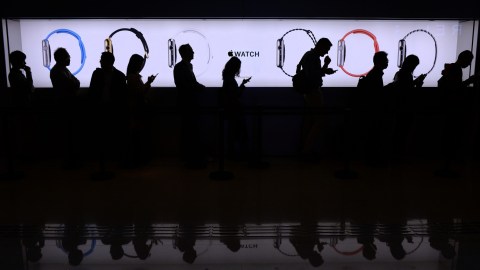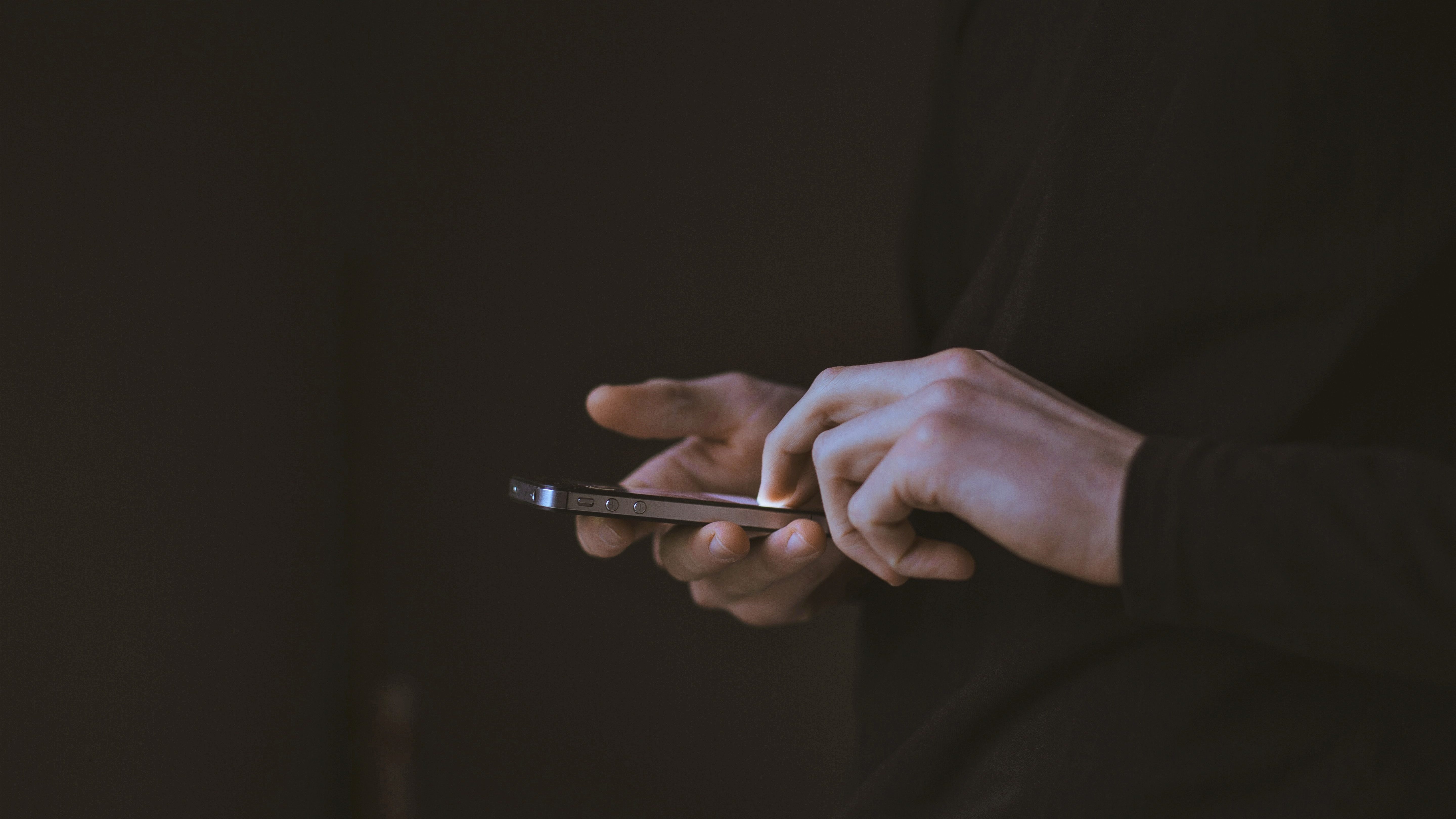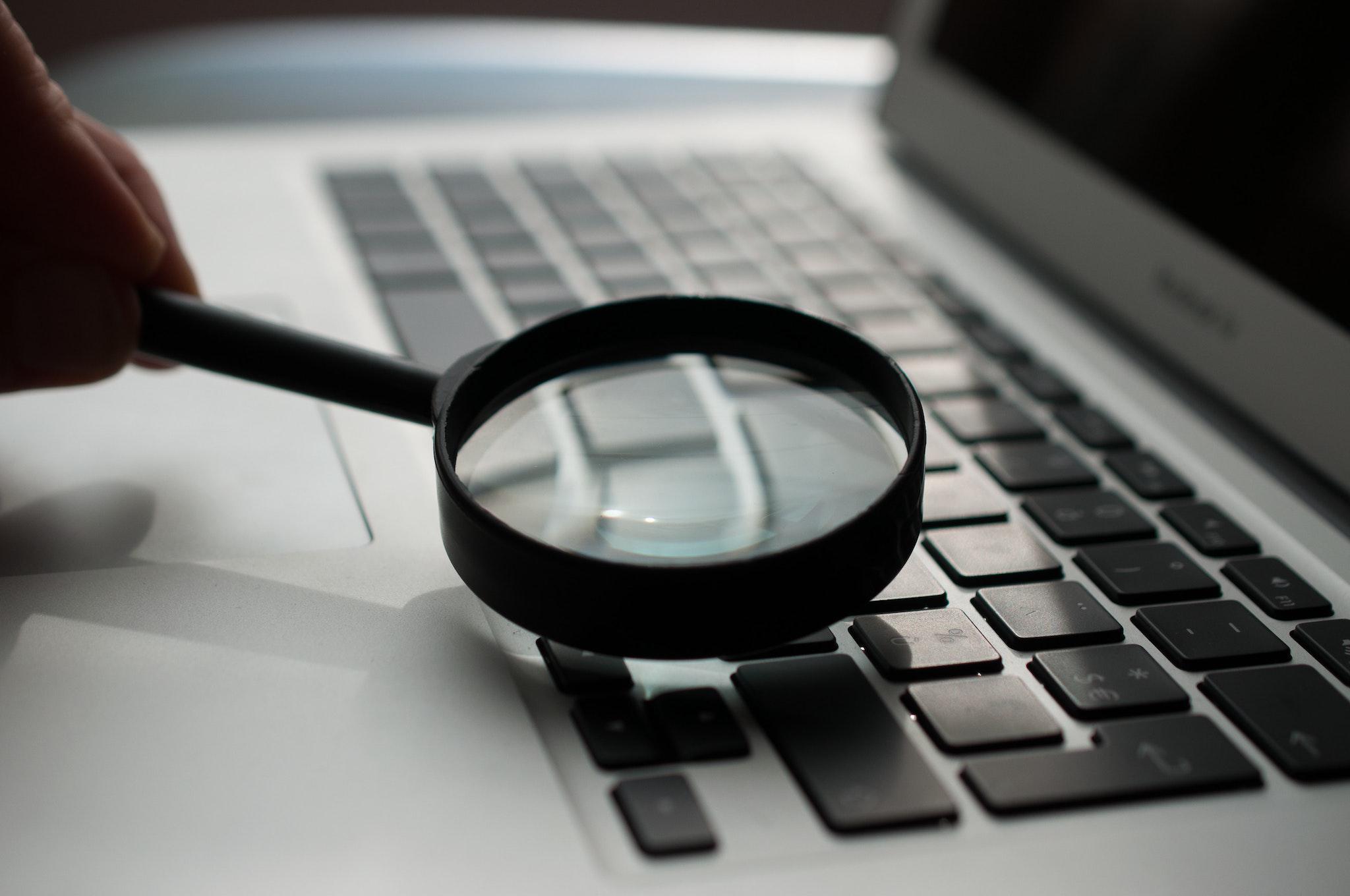Default Settings Hold Power Over Us. They Will Decide the Fate of Our Privacy

The power of default should not be underestimated. For many, it’s the factory settings — how a company believes we should browse on our phones and computers — that dictate our experiences in the virtual world. Consumers may demand more privacy settings, but it’s the manufacturers that ultimately decide.
When thinking about the power of default settings, consider this: The second most popular browser in the United States is Internet Explorer. It’s a Microsoft product and the company doesn’t miss an opportunity to install it as the default browser on every one of its devices.
Another example: Apple recently reported that its Apple Maps is now used more widely than Google Maps on all iPhones. The report should come as no surprise, since it is the default map app. However, after its 2012 launch many users took to downloading the superior Google Maps after they realized Apple’s version was a complete horror show. It directed users to roads that no longer existed and labeled Madison Square Garden as an actual garden.
The company has since made vast improvements to its navigation app, but if it weren’t for the app being one of the default settings on the iPhone, Apple “would not be in the position they are in,” IDC analyst John Jackson said to AP. “Not that they aren’t improving the experience, but this helps the cause.”
This is the power of default. Apple realizes it doesn’t need to be the best map out there, just good enough to keep users happy enough to download something else.
Apple’s Maps is not a shining example of its default setting, but it speaks to how content we all become with what’s given.
One of Apple’s better default app is iMessage. It has a 5 out of 7 on the Electronic Frontier Foundation’s scorecard for secure messaging services, and is locked down so tightly that Apple said it couldn’t snoop on its own users’ messages even if it wanted to.
Apple proved its power of privacy protection when it added the search engine DuckDuckGo to its list of default options in its iOS and Safari browser. This company does not track its users’ queries, compared to Google, and still manages to make a decent living. Since the Edward Snowden revelations, combined with Apple’s inclusion of the option in its iOS 8 update, DuckDuckGo CEO Gabriel Weinberg says the company has grown 600 percent.
Andrew Keen, an Internet entrepreneur and founder of Audiocafe.com, thinks any business model that collects user data is beyond creepy.
Forty percent of people want privacy, but most don’t know how to attain it. Computer security guru Bruce Schneier hit the nail on the head when he wrote, “Encryption works best if it’s ubiquitous and automatic. The two forms of encryption you use most often — HTTPS URLs on your browser, and the handset-to-tower link for your cellphone calls — work so well because you don’t even know they’re there.”
***
Natalie has been writing professionally for about 6 years. After graduating from Ithaca College with a degree in Feature Writing, she snagged a job at PCMag.com where she had the opportunity to review all the latest consumer gadgets. Since then she has become a writer for hire, freelancing for various websites. In her spare time, you may find her riding her motorcycle, reading YA novels, hiking, or playing video games. Follow her on Twitter: @nat_schumaker
Photo Credit: DALE DE LA REY / Getty Staff





